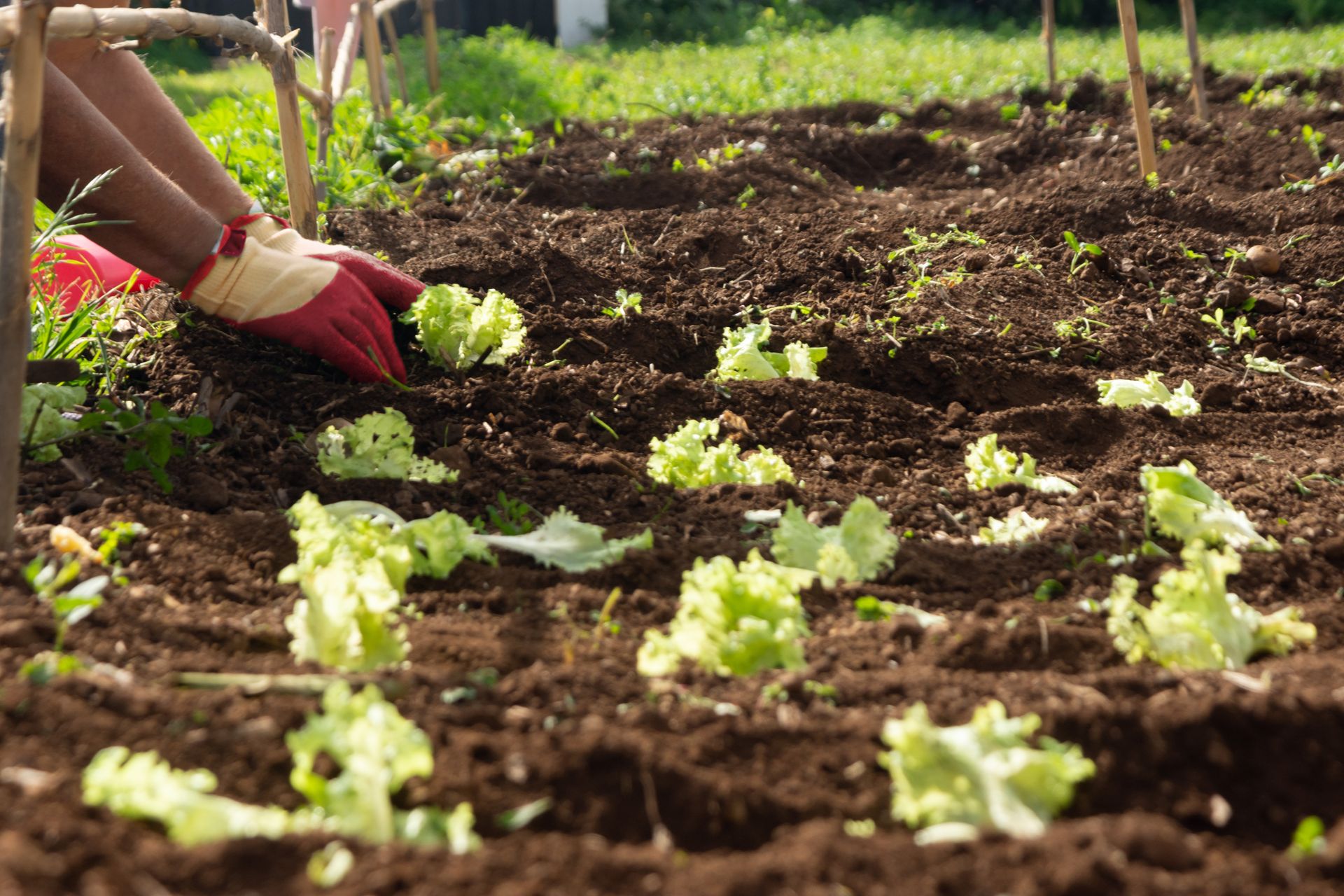Biodynamic agriculture was developed in 1924 by Austrian philosopher and scientist Rudolf Steiner. Steiner was approached by agricultural producers at the time who expressed concerns that conventional agriculture methods were harming soil health and food quality. In response, he proposed an agricultural system based on the systemic relationship between soil, plants, animals, and humans, reflecting the geo-cosmic structure we know.
The Demeter label is an international certification representing biodynamic agriculture, a sustainable method of food production. This official certification, granted by the Biodynamic Federation Demeter International (BFDI), is awarded to producers who follow the principles of biodynamic agriculture, which aims not only to cultivate healthy food but also to regenerate and strengthen agricultural ecosystems.
QIMA: driving the Demeter market with credibility
Demeter products produced in Brazil under the audit certification system are exclusively certified by QIMA. This certification plays a fundamental role in strengthening the market by promoting sustainable agricultural practices and meeting the growing demand of consumers for food and products aligned with their health and sustainability values.
With this solution, QIMA ensures the quality and integrity of Demeter products, boosting the sector and expanding options for consumers seeking organic and biodynamic products.
To obtain Demeter certification, producers must meet a series of requirements, which include:
Organic production: the Demeter label starts by requiring that producers be certified as organic agriculture. This means they must follow strict standards to avoid the use of synthetic chemicals, pesticides, and artificial fertilizers. Organic production is the foundation for biodynamic agriculture.
Biodynamic methods: in addition to organic requirements, the Demeter label imposes specific guidelines for biodynamic methods. This includes the use of preparations, which are homeopathic plant and mineral compounds that enhance the vitality of plants and soil health.
Biodiversity and ecosystem: biodynamic agriculture emphasizes the importance of biodiversity and integrating animals into the agricultural ecosystem. Biodynamic farmers work to create balanced systems where plants, animals, and the environment interact harmoniously.
Sustainability: the Demeter label promotes sustainability at all stages of agricultural production. This involves conserving water, efficiently using natural resources, protecting soil, and minimizing negative environmental impacts. Biodynamic farmers are encouraged to adopt regenerative practices that promote the long-term health of the ecosystem.
Quality standards: Demeter certification sets high-quality standards for agricultural products. Products certified with the Demeter label must meet specific quality criteria, including taste, nutritional value, and purity. This assures consumers that they are acquiring high-quality foods produced with sustainable methods.
See the step-by-step guide for organic certification to understand the process for certification and other important information about necessary procedures, criteria, steps to be followed, and other relevant details.
Biodynamic Agriculture, Organic Agriculture, and their positive impacts
The biodynamic movement originated in a series of lectures given by Rudolf Steiner in 1924. Biodynamic Agriculture aims to create a healthy cultivated landscape, where food quality is improved by caring for the soil. In this approach, the farm is viewed as an "Integrated and Individualized Agricultural Organism," an organism guided with individualized, unique elements that interact harmoniously with the local landscape, considering ecological, social, technical, cultural, economic, phenomenological principles, and natural cycles. Biodynamic Agriculture goes beyond an economic activity, aiming to enhance means of production to be passed on to future generations. The certification of biodynamic products uses the DEMETER label, named after the goddess of agriculture in Greek mythology. This label has been used since the 1950s and thus represents something original, authentic from its origin, of high quality, and that achieves high value.
Organic agriculture is a food production method committed to ecologically correct practices, aiming to preserve the health of the environment and consumers. Also known as natural agriculture, it utilizes natural alternatives instead of agrochemicals and takes advantage of local characteristics like topography, water resources, seasonality, and soil. The term "organic agriculture" emerged in the 1920s when movements appeared in opposition to chemical fertilization, advocating for more natural methods. The main characteristic of this system is the rejection of chemical pesticides, pesticides, synthetic fertilizers, and monoculture. Instead, fertilization is done through composting, adding ground rocks, rockdusting, recycling nutrients on the property, and between production units. Additionally, intelligent soil management is essential, employing techniques like crop rotation, crop combinations, mulching, and protected cultivation to control light, humidity, and temperature. Organic agriculture is also concerned with water use and opts for energy and water-saving irrigation techniques that consider topography and local cultural practices.
Need more information?
By contacting QIMA you agree to our privacy policy and terms and conditions.
Benefits and international recognition with the Demeter label
Products certified with the Demeter label are recognized worldwide as a symbol of quality, sustainability, and respect for the environment. Additionally, biodynamic agriculture offers a variety of benefits for both farmers and consumers, such as:
Healthy foods: biodynamic agriculture emphasizes the production of high-quality foods free of synthetic chemicals and genetically modified organisms.
Ecosystem resilience: biodynamic methods contribute to soil health, promote biodiversity, and increase plant resistance to diseases and pests.
Sustainability: biodynamic agriculture uses renewable resources and agricultural practices that aim for longevity and regeneration of agricultural ecosystems.
Connection with nature: biodynamic principles seek to establish a deeper connection between farmers and nature, valuing the natural rhythm of agricultural cycles.
Why choose QIMA to obtain the Demeter label?
Efficient communication and service
Agile and responsive technical support at all stages.
Transparent certification process and adherence to deadlines.
Proven quality of service, with an NPS satisfaction metric of 72 points.
Cost and time optimization
Integrated audits that minimize the number of visits and costs.
Simplified processes that reduce operational impacts.
Strategic and efficient allocation of auditors.
Industry leadership
Pioneering company with over 30 years of experience in food safety, organic certification, and sustainability.
Complete certification ecosystem, from farm to table.
Advanced technology for compliance monitoring.
